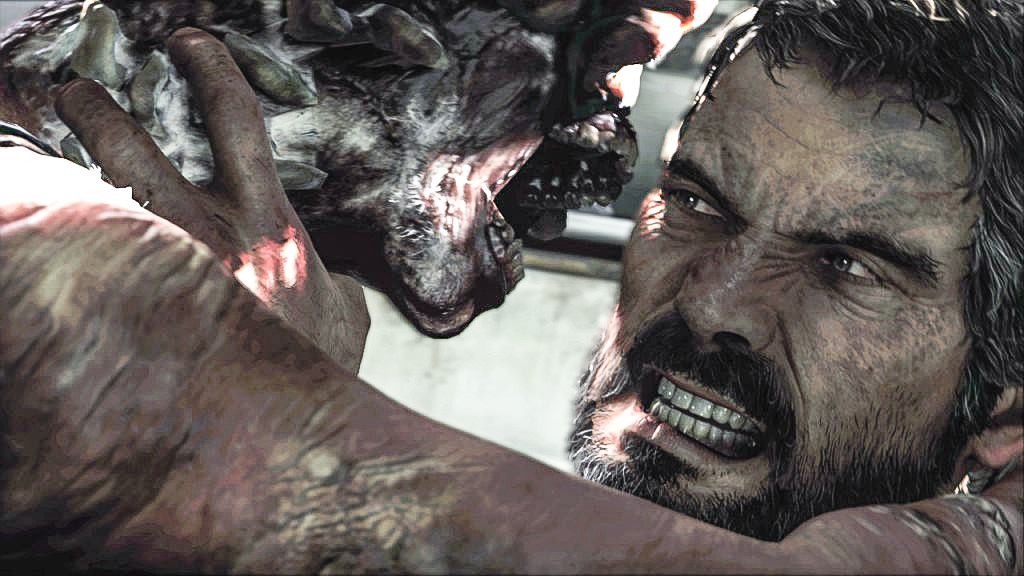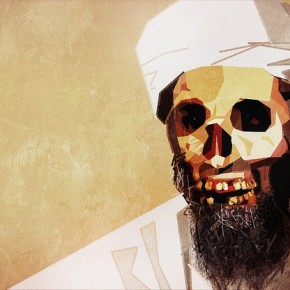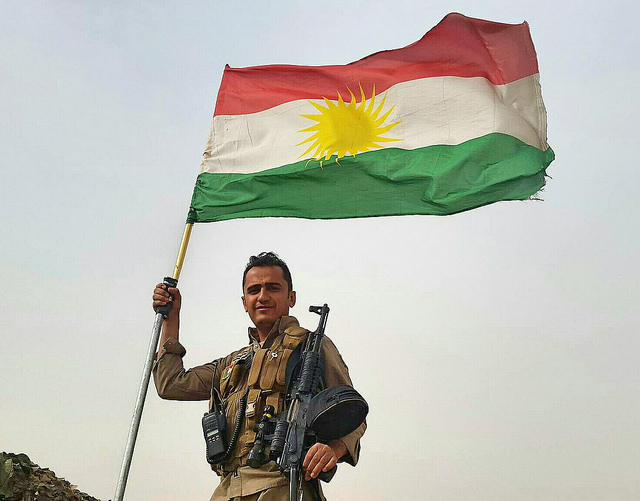For those of you unfamiliar with video games, Naughty Dog’s The Last of Us is something of a phenomenon. It is widely regarded to be the most significant game of its generation, owing to its brilliant visuals, innovative gameplay, and sharp writing. It is a shame that it did not reflect more deeply on its post-apocalyptic setting. This may seem like a lofty expectation, especially to older readers, but games have evolved significantly over the past two decades. The Last of Us is proof enough that the old conventions of saving princesses, and stomping on monsters, can be thrown out in favor of a much deeper experience. We could very well be living in an era when video games become accepted as having artistic merit. If that is the case, then we need to be able to critique them on such terms.
The game is excellent, but its meditations on human nature are flawed. The Last of Us doesn’t go far enough in its discussion of how people actually behave in times of social and economic crisis, which in the game, is projected onto a civilization-destroying mutation of the Cordyceps fungus. Keeping in line with the genre, the United States has dissolved into fiefdoms run by either the military, or armed bandits called “Hunters.” Most gamers will tell you that their takeaway was that in such a world, the only option left is to try and survive, and cling onto whatever feelings of love is possible, as the protagonist Joel does with his surrogate daughter Ellie. I’ve even heard some people say that humanity isn’t worth saving in the game.
We have to be careful. When games say that humanity isn’t worth saving, they’re specifically referring to the destructive character that The Last of Us overwhelmingly presents. This is actually a problem in this genre. It reproduces astonishingly pessimistic ideas about human nature. While some people certainly would become Hunters, who throughout the game, adopt various roles as murderers, thieves, cannibals, and rapists, others would choose differently. The game does spend a bit of time presenting a more productive side of humanity. After all, Joel and Ellie come across characters that have built a commune at a hydroelectric dam, and Ellie’s intimate plea for Joel not to abandon her because “without him, she would only feel more scared” is a touching reminder of just how much people need community.
However, the game is so unrelentingly violent that the overall picture is bloody and pessimistic. You also aren’t exactly told that human nature is a dual sword. The general impression you get is that the world is hard, you can’t trust anyone, and the only thing you can do is survive and take care of your own. We frequently repeat these ideas during times of crisis. Think about ISIS. Have you ever found yourself wondering if anyone but you is actually that monstrous? And how many people have you heard say that everyone is as barbaric as ISIS members, and that civilization is a thin veneer that barely holds everyone’s violent instincts at bay? This isn’t just a video game. It has a role to play in discussions about the world we live in, and without a consistent artistic vision, it is not doing a good enough job.
Naughty Dog’s problem is that it doesn’t spend enough time showcasing Ellie as an alternative to the Hunters. The Last of Us doesn’t force its audience to acknowledge the characters they hate, and the little girl they’ve grown to love, are both humans. It is therefore not a matter of humans being naturally good or evil. Ellie and the Hunters are just value different parts of themselves, and like them, people respond to crises with both creativity, warmth, and destructive instincts. They can build things, or destroy them. Critically though, it isn’t all the latter. Not everyone is a Hunter, and not everyone secretly wants to go to Iraq to become an ISIS member.
Naughty Dog needs to be more careful if it’s going to produce artful video games, since that comes with a certain level of responsibility. Reproducing attitudes like this has social consequences. We aren’t all just aching to kill each other, waiting for civilization to end before we have the opportunity. If games are going to be this intensely well-produced, and tackle such important philosophical questions, then they need to do it right. They can’t just flatly reiterate historically-specific cynicism that needs to be challenged rather than deepened. Even if this is “just a game,” arguing that people are this evil does have an impact. It encourages resignation, and for us to be distrustful of each other in the world that actually exists, as a result of our imaginations of post-apocalyptic society. This has the effect of discouraging us from coming together to overcome social problems. Clickers or not.
Screenshot courtesy of the author.





